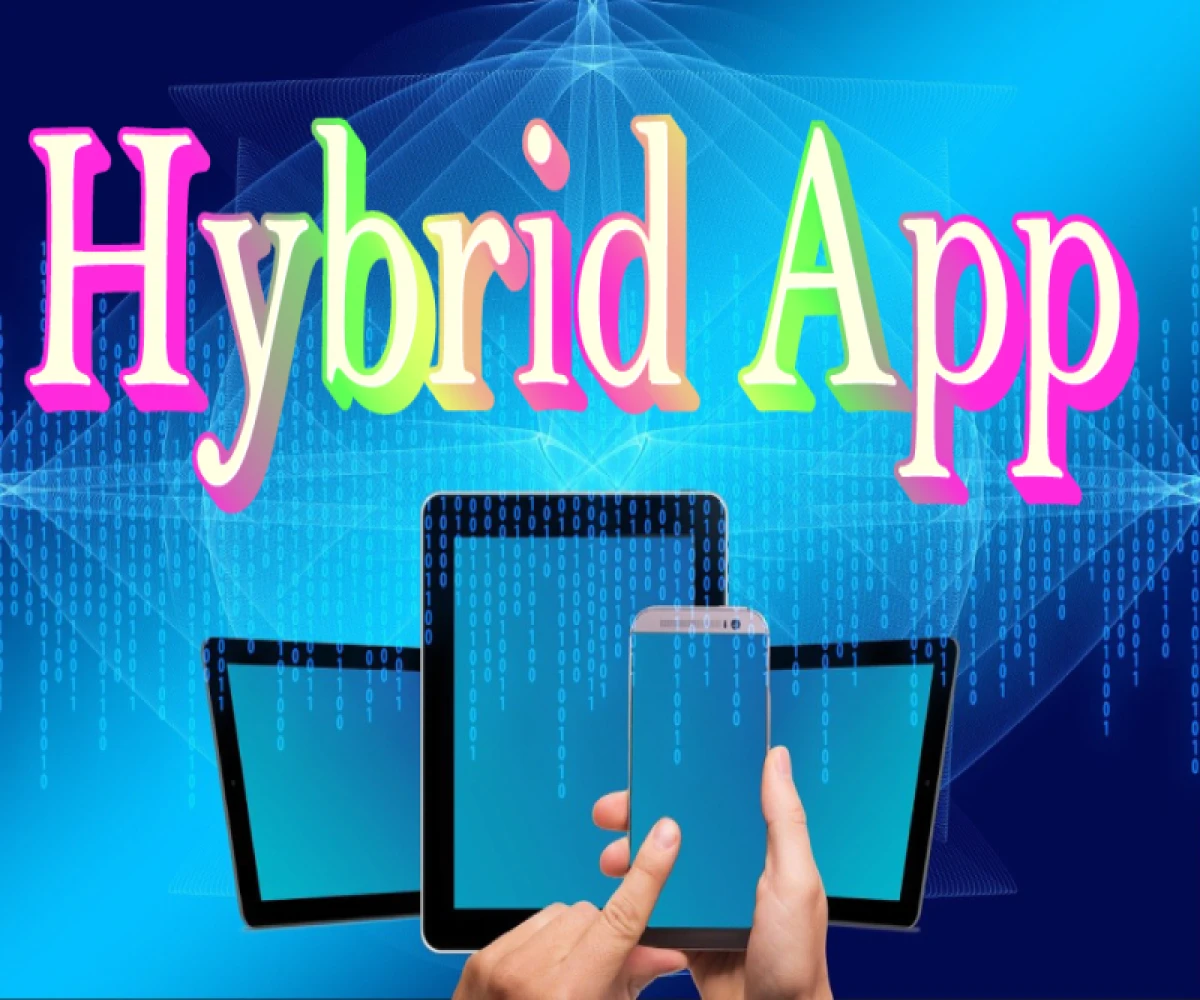
What is a Hybrid App?
What is a Hybrid App? Unveiling the Mix of Native and Web
In the vast world of mobile applications, you've likely come across the terms "native app" and "web app." But have you heard of a hybrid app? This blog post will dive into the concept of hybrid apps, explaining what they are, how they work, and showcasing examples to solidify your understanding.
Understanding the Blend: Native vs. Web Apps
-
Native Apps: These are applications designed specifically for a particular operating system, like Android or iOS. They leverage the device's features and offer a seamless user experience. However, developing separate native apps for different platforms requires more time and resources.
-
Web Apps: Accessible through a web browser, these applications don't require installation. They're built using web technologies like HTML, CSS, and JavaScript, making them easily accessible across various devices. However, web apps might lack some functionalities available to native apps.
The Best of Both Worlds: The Hybrid Approach
Hybrid apps, as the name suggests, combine elements of both native and web apps. They're encased within a native app container, allowing them to be downloaded and installed from app stores just like native apps. But beneath the hood, they utilize web technologies for their core functionality.
Key Advantages of Hybrid Apps
-
Cross-Platform Compatibility: A significant benefit of hybrid apps is their ability to work across multiple platforms. Developers can write the codebase once and deploy it on various operating systems, saving time and resources.
-
Faster Development: By leveraging web technologies, hybrid apps can often be developed quicker compared to building separate native apps for each platform.
-
Offline Functionality: While some might assume hybrid apps require constant internet access, that's not entirely true. Many hybrid apps can function offline for certain features, thanks to caching mechanisms.
Examples to Illustrate the Hybrid Concept
-
Social media apps: Many popular social media platforms, like Facebook and Twitter, often utilize a hybrid approach. Their core functionality is built with web technologies, but the native app container provides a smooth user experience and access to device features like the camera.
-
E-commerce apps: Several online shopping apps are hybrid, offering a blend of web-based browsing functionalities and native features for location services or push notifications.
-
News apps: News aggregator apps can leverage the hybrid approach to deliver content built with web technologies while offering a native app experience for offline reading or personalized notifications.
In Conclusion
Hybrid apps offer a compelling solution for businesses seeking to create a mobile app presence without the complexities of native app development for each platform. They provide a balance between development efficiency, cross-platform compatibility, and a familiar user experience. If you're considering a mobile app for your business, understanding hybrid apps can help you make an informed decision.


